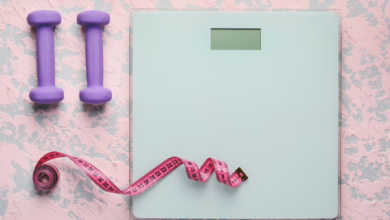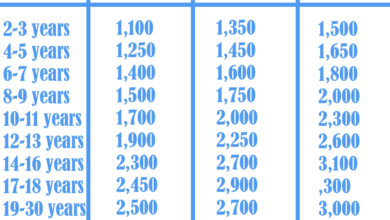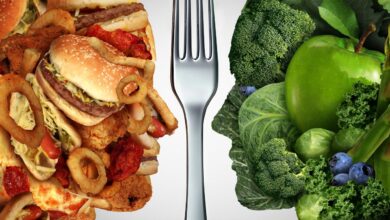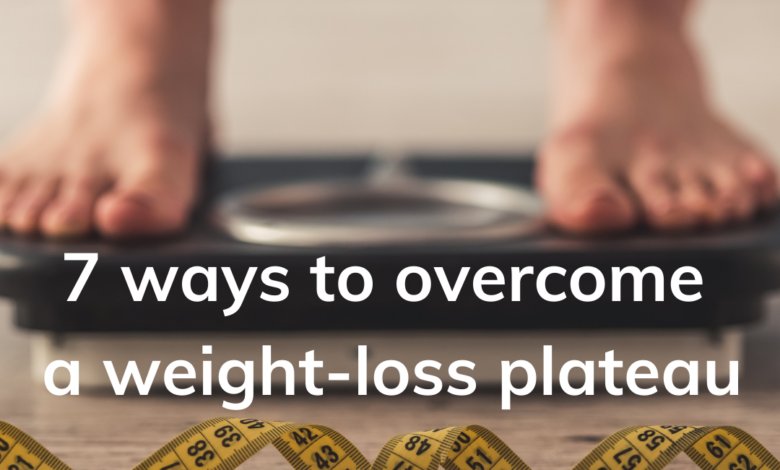
Ask the Dietitian: How to Overcome a Weight Loss Plateau
Ask the dietitian how can you overcome a weight loss plateau? It’s a question many of us ask when our weight loss journey stalls. Weight loss plateaus are a common experience, and they can be frustrating. But before you throw in the towel, understand that they are a normal part of the process.
The science behind weight loss plateaus is fascinating, and there are actionable strategies to help you break through. Let’s explore the common reasons for hitting a plateau and learn how to overcome it with a combination of nutrition, exercise, and mindset shifts.
Weight loss plateaus occur when your body adjusts to your new calorie intake and exercise routine. As you lose weight, your metabolism slows down, and your body becomes more efficient at burning calories. This means you may need to make adjustments to your diet and exercise plan to continue seeing results.
But don’t worry, it’s not about drastic measures or extreme deprivation. We’ll discuss how to make sustainable changes that support your long-term health and weight management goals.
Understanding Weight Loss Plateaus
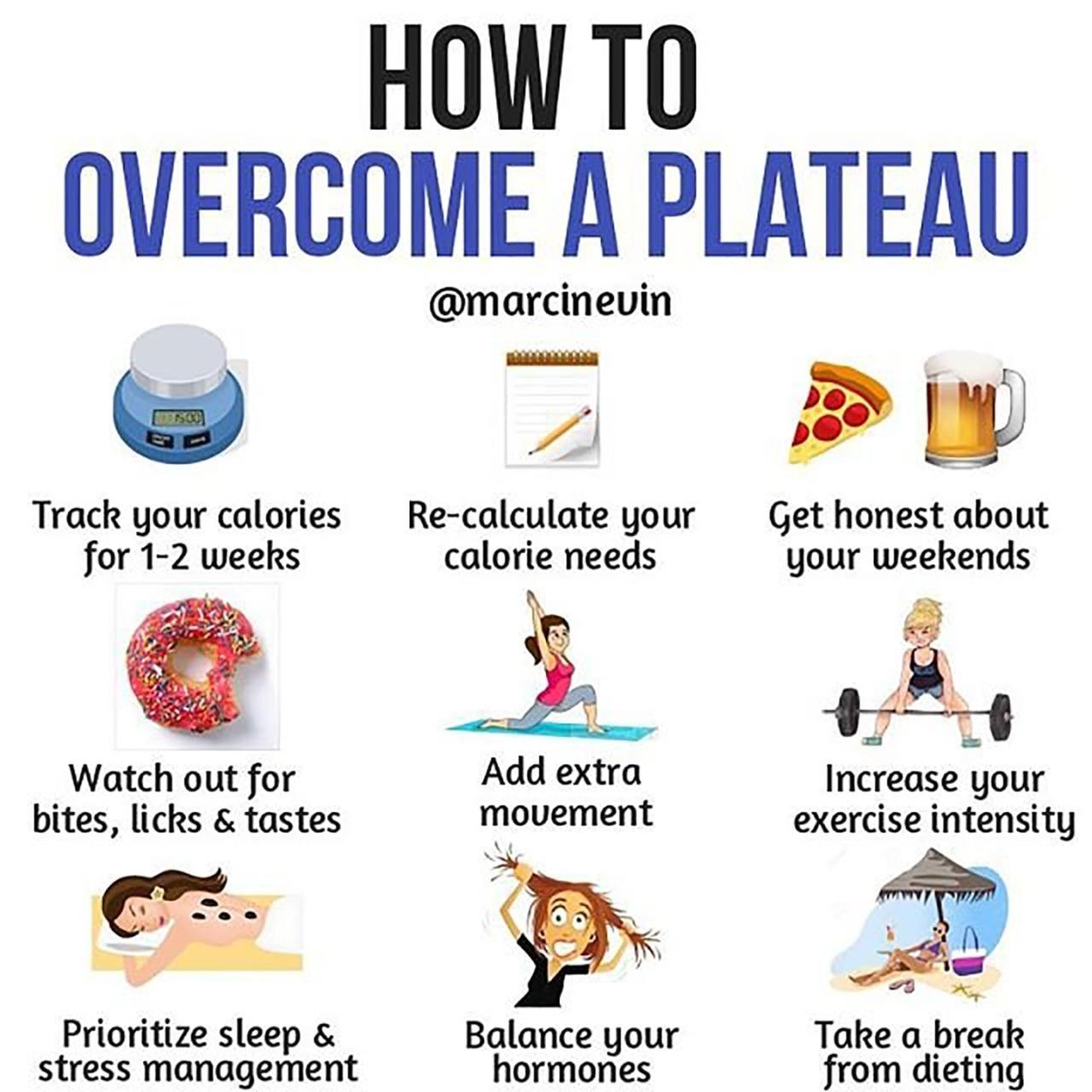
Hitting a weight loss plateau is a common experience for many people trying to shed pounds. It’s frustrating to put in the effort and see the scale stubbornly refuse to budge. But don’t despair! Plateaus are a normal part of the weight loss journey, and understanding the science behind them can help you overcome them.
Metabolic Adaptation
Our bodies are incredibly adaptable. When we start a new weight loss program, our metabolism adjusts to the reduced calorie intake. This means our bodies become more efficient at burning calories, which can slow down weight loss progress. As our bodies adapt, we need to make adjustments to our diet and exercise routines to continue seeing results.
For example, if you initially lost 2 pounds per week by cutting 500 calories per day, your body might adapt after a few weeks, and you might only lose 1 pound per week even with the same calorie deficit.
Hitting a weight loss plateau can be frustrating, especially when you’re putting in the work. Sometimes, it’s about making subtle adjustments to your routine. For athletes, it might mean revisiting your calorie intake and ensuring you’re still getting the right fuel for your training.
Check out this article on calorie cutting for athletes looking to lose weight for some helpful tips. But if you’re still struggling, don’t hesitate to reach out to a registered dietitian for personalized guidance. They can help you identify any underlying issues and create a plan that’s right for you.
Reduced Calorie Intake
It’s easy to underestimate the number of calories we consume. Over time, we may unintentionally reduce our calorie intake without realizing it. This could be due to factors like smaller portion sizes, skipping meals, or simply not tracking our food intake as closely as we did initially.
Hitting a weight loss plateau can be frustrating, but it’s important to remember that it’s a normal part of the process. Sometimes, a little shake-up is all you need. Maybe try incorporating some new, high-energy tunes into your workout routine – workout music says a lot about your motivation! And of course, always consult with your dietitian to discuss strategies for overcoming plateaus and achieving your goals.
Imagine you were initially eating 2,000 calories per day and were losing weight. After a few weeks, you may start eating only 1,800 calories per day without noticing. This reduction in calorie intake can lead to a plateau because your body isn’t getting the same amount of energy to burn.
Increased Muscle Mass
Building muscle is a positive side effect of weight loss. Muscle tissue is more metabolically active than fat, meaning it burns more calories at rest. As you gain muscle, your body’s calorie needs increase, which can make it harder to lose weight.
If you’re consistently lifting weights and building muscle, you might not see as much weight loss on the scale, even though you’re losing fat and gaining muscle. This is because muscle is denser than fat, so you might actually be getting leaner even if the number on the scale isn’t changing.
Hitting a weight loss plateau can be frustrating, but it’s a common experience. It’s often a sign that your body has adapted to your current routine. To break through, it’s helpful to understand how our habits have changed since the pandemic, which often led to less movement and more unhealthy eating.
You can learn more about the impact of COVID-19 on our health and fitness habits here. Talking to a registered dietitian can help you identify specific changes you can make to your diet and exercise plan to overcome that plateau and get back on track.
Nutrition and Hydration
You’ve been diligently following your weight loss plan, but the scale hasn’t budged in weeks. This frustrating situation is known as a weight loss plateau, and it’s a common experience for many. While we’ve already explored the reasons behind plateaus, understanding how nutrition and hydration play a crucial role in breaking through them is equally important.
Importance of Hydration, Ask the dietitian how can you overcome a weight loss plateau
Maintaining adequate hydration is essential for weight loss and overall health. Water plays a vital role in various bodily functions, including metabolism, digestion, and appetite regulation. When you’re dehydrated, your body can mistake thirst for hunger, leading to unnecessary calorie intake.
- Drinking enough water can help you feel fuller for longer, reducing the urge to snack between meals.
- Water also helps your body burn calories more efficiently, contributing to weight loss.
- Staying hydrated is particularly important during exercise, as it helps regulate body temperature and prevent dehydration-related fatigue.
Aim for at least eight glasses of water per day, and increase your intake if you’re physically active or live in a hot climate.
Macronutrients and Weight Loss
Macronutrients – protein, carbohydrates, and fats – provide the building blocks for our bodies and energy for daily activities. While each macronutrient plays a role in weight loss, their optimal intake can vary depending on individual needs and goals.
- Proteinis essential for building and repairing tissues, and it can help increase satiety and reduce calorie intake.
- Carbohydratesprovide the body with energy, but excessive intake can lead to weight gain. Opt for complex carbohydrates, such as whole grains and vegetables, over refined carbohydrates, such as white bread and sugary drinks.
- Fatsare important for hormone production and cell function, but they are also calorie-dense. Choose healthy fats, such as those found in avocados, nuts, and olive oil, over unhealthy fats, such as those found in processed foods and fried foods.
During a weight loss plateau, adjusting your macronutrient intake can help jumpstart your progress. Consider consulting a registered dietitian to determine the optimal macronutrient distribution for your individual needs.
Tracking Food Intake and Mindful Eating
Tracking your food intake can provide valuable insights into your eating habits and help you identify areas for improvement.
- Use a food diary, a smartphone app, or an online tool to record everything you eat and drink for a few days.
- Pay attention to portion sizes and the types of foods you’re consuming.
- This information can help you identify patterns, such as overeating at certain times or consuming too many calories from specific food groups.
Mindful eating involves paying attention to your food choices and the experience of eating.
- Eat slowly and savor each bite.
- Avoid distractions, such as television or phones, while eating.
- Listen to your body’s hunger and fullness cues.
By practicing mindful eating, you can develop a healthier relationship with food and make more conscious choices that support your weight loss goals.
Ultimate Conclusion: Ask The Dietitian How Can You Overcome A Weight Loss Plateau
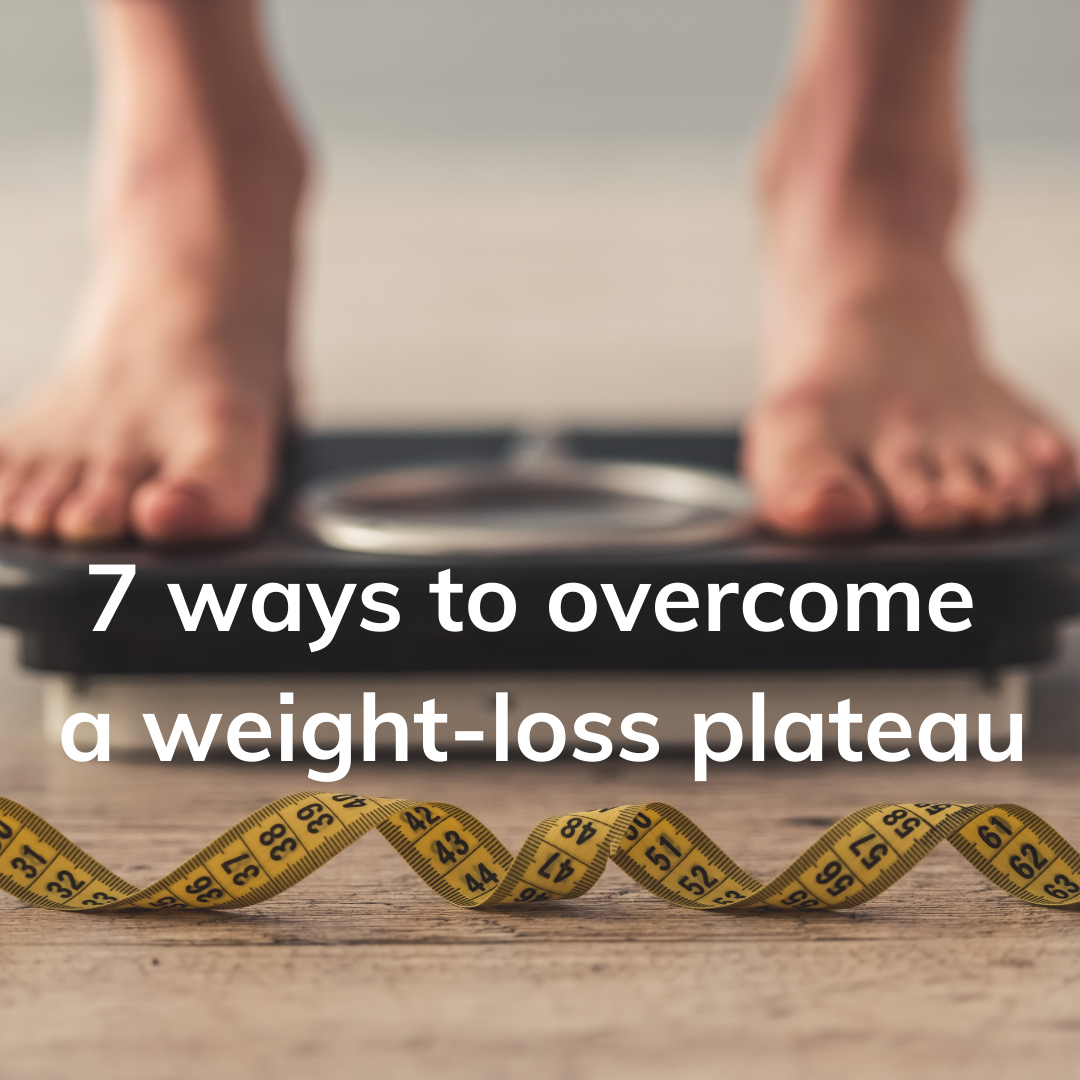
Overcoming a weight loss plateau is about understanding the science, implementing smart strategies, and maintaining a positive mindset. It’s about working with your body, not against it. By understanding the factors that contribute to plateaus and incorporating practical tips into your routine, you can break through and continue your weight loss journey with confidence.
Remember, it’s a marathon, not a sprint. With patience, consistency, and the right guidance, you can achieve your weight loss goals and enjoy a healthier, happier you.

